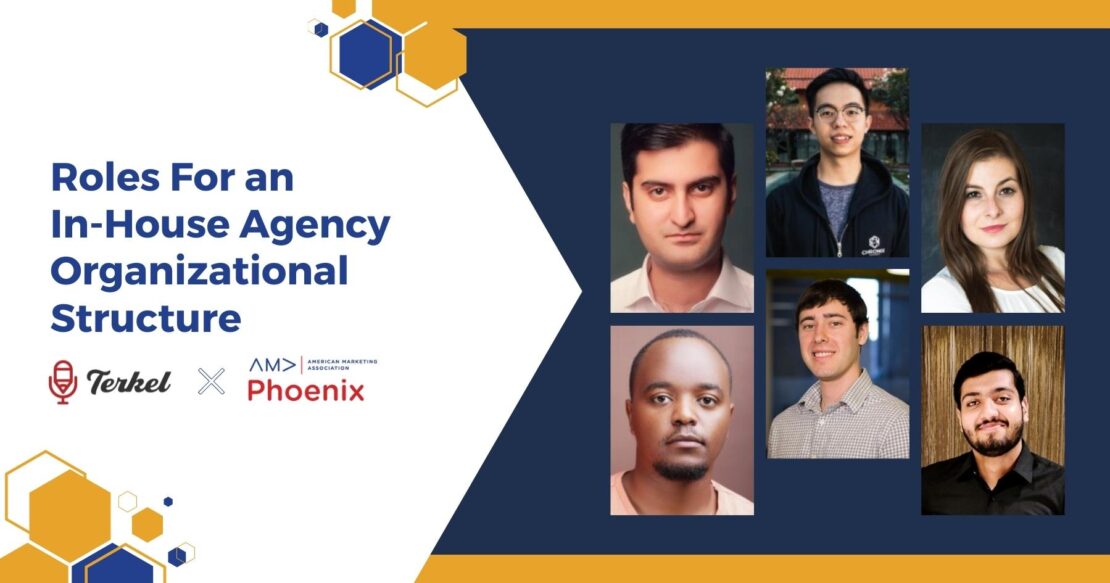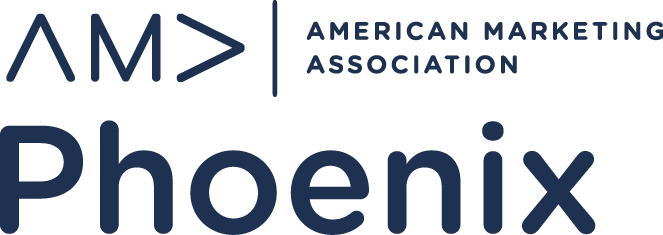- June 21, 2022
- Posted by: Featured
- Category: Blog

What is one role that must exist within an in-house agency organizational structure?
To help you recognize the roles that must exist in the organizational structure of an in-house agency, we asked CEOs and marketing professionals this question for their best insights. From Project Manager to Growth Hacker, there are several roles that are identified as pertinent to the structure and successful running of an organization’s in-house agency.
Here are 10 roles for an in-house agency organizational structure:
- Project Manager
- Traffic Managers
- Social Media Manager
- Accounts Manager
- Graphic Designer
- Marketing Specialist
- Analytics Manager
- Customer Rep
- Team Lead
- Growth Hacker
Project Manager
If your agency is a mid-sized agency, you cannot function without a Project Manager. It is a go-to person for directing, organizing, and planning the projects your business has and is responsible for arranging them in a way that is within your budget, personnel possibilities, and time. Once you have the OKRs in place, the role of a Project Manager is essential since they will be a crucial part of the agency puzzle.
Salman Aslam, Omnicore
Traffic Managers
Like stand-alone agencies, in-house agencies depend upon extremely capable traffic managers. Like all creative shops, in-house departments must simultaneously manage account, creative, and production teams, all working on multiple projects while making deadlines across social media platforms, addressing disparate website requirements, direct mail campaigns, SMS campaigns, etc. At the center of the hub is a traffic manager overseeing resource allocation, anticipating traffic jams, and making sure projects hit their deadlines, and with good reason. Does it matter how good the creative is if you miss the deadline?
Joshua Chin, Chronos
Social Media Manager
A Social Media Manager. For example, this is the person that is in charge of ensuring that your brand tone, voice and style are consistent across all platforms. They are maintaining the face of your brand and delegating the task of making posts, continuing customer interactions and ultimately building a community. The right Social Media Manager can boost customer engagement and increase your conversion rate.
Eric Elggren, Andar
Accounts Manager
Accounts managers help build healthy relationships with clients and connect with key stakeholders. They also work with customers and internal teams to make sure successful solutions are delivered in a timely manner. Account managers provide detailed reports and satisfy clients with exceptional customer service. These professionals are essential to the organizational structure of in-house agencies because they are proficient in key aspects of communication, including teamwork, prospecting, planning, relationship building, and attention to detail.
Ray Leon, Pet Insurance Review
Graphic Designer
There are many important positions within an in-house agency organizational structure whose functioning is obvious. But there is also one more important role for efficient operation – graphic designer. These visual creators are responsible for realizing all graphic materials, visualizations, or ads created by the creative team.
As internal employees, in-house graphic designers know and understand the culture and spirit of the company, which allows them to implement aesthetic standards effectively. Your graphic designer can perform better than a freelancer by feeling the company’s vibes. So, if you don’t have such a role in your agency, breathe a new position, and see how in-house graphic designers transform your work.
Nina Paczka, MyPerfectResume
Marketing Specialist
Marketing specialists perform a myriad of functions that help businesses stay afloat and prosper. This is one role that must exist within an in-house agency organizational structure to build a credible reputation, foster loyalty in their clients and gain the respect of their stakeholders. Among their responsibilities are gathering customer data, researching target demographics, and optimizing content for SEO. Additionally, marketing specialists manage company websites, ensure consistent branding, and conduct a competitive analysis to enhance conversion as part of the marketing team.
Charles Ngechu, EasyPaydayLoan
Analytics Manager
With any in-house agency, it’s vital to show the true business impact of the team’s work.
Key stakeholders will want to know: what KPIs and metrics will the team report on? How are these numbers improving over time? Building, maintaining, and (crucially) telling the story behind KPI dashboards is the role of a great Analytics Manager. To justify the org’s investment in an in-house team, make sure you have one team member who can oversee the numbers.
Zach Grove, Zach Grove
Customer Rep
When you outsource marketing services, the agency in question will do its customer research and thus will enlist a customer rep to help them create an effective campaign. In an in-house agency, this role remains just as important. Customer reps ensure that you can have a listening ear on the ground to help you establish the root cause of your customer’s pain points and whether the suggestions you plan to implement will help remedy the situation.
Gisera Matanda, WeLoans
Team Lead
Since working in agencies and organizations for 5 years, I found that Team Lead is a very important role. Without this position, the CEO deals with all teams directly. This can be hectic for the team if the CEO only knows the business but has no understanding and knowledge about the fields they have employees for. This usually leaves employees dissatisfied because they don’t get appreciated for what they do.
That’s where the Team lead comes in. He/She knows how to deal with the CEO and manage the employees. Work gets done and employees feel appreciated and are kept satisfied. Also, the Team lead usually has some of the team’s expertise so employees always have a back supporting person.
Junaid Urrehman, Computing Unleashed
Growth Hacker
The in-house agency organizational structure must include a role for a Growth Hacker. A Growth Hacker is responsible for finding new, creative ways to grow the business. This could involve anything from developing new marketing initiatives to working on product development. Growth Hackers are key to driving innovation and growth within an organization. Without them, businesses would likely miss out on opportunities to grow and scale.
Maneesh Sharma, Donorbox
Terkel creates community-driven content featuring expert insights. Sign up at terkel.io to answer questions and get published.
